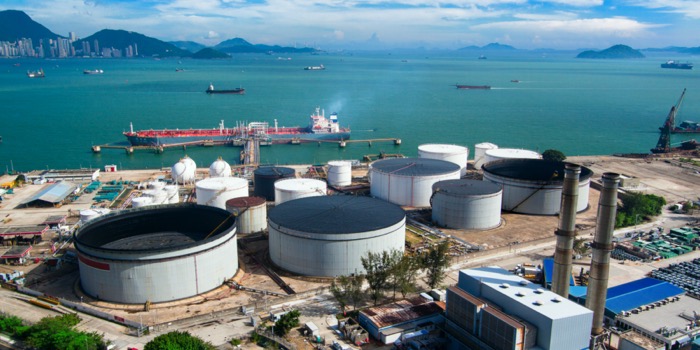Indonesia’s LNG imports are expected to be “resilient against the coronavirus-led global economic downturn”, according to Wood Mackenzie.
It said: “Despite a slow first quarter due to post-holiday season, Indonesia’s LNG consumption has continued to rise from 2Q20 at 1.1 million t and appears to be well-cushioned against the impact of COVID-19.”
The country’s 2H20 LNG imports could hit 3.1 million t, which would be a 63% increase year on year.
Wood Mackenzie said reduced pipeline gas and low spot prices were likely to have supported Indonesia’s LNG demand. The government has also recently introduced a set of regulations aimed at lowering domestic gas price to US$6/million but for seven key industries and the electricity sector. It is hoped that the measures would improve industrial competitiveness, especially for exports, and create multiplier effects.
Lucy Cullen, Principal Analyst at Wood Mackenzie, said: “The story of Indonesia is consistent with Asia’s outlook at large. The region’s LNG imports will reach 250 million t this year, a 2.5% increase compared to last year, and could hit 315 million t in 2025. By 2040, Asia will account for 40% of global LNG consumption with Indonesia and its Southeast Asian neighbours being key engines of this growth.”
She added: “We expect LNG to make up a growing share of Indonesia’s gas supply mix in the years ahead, offering opportunities for LNG procurement and regasification infrastructure development. But to balance rising consumption, Indonesia also needs to look inwards to address declining production.”
The coronavirus is expected to trigger additional delays with the contractor declaring force majeure in March 2020. Wood Mackenzie expects plant start-up to be delayed to 2Q22. According to Wood Mackenzie’s Energy Markets Tool gas’ share of total primary energy demand in Indonesia has been about 12 – 13% over the past few years.
Cullen concluded: “Cost of generation and meeting growing electricity demand is key in Indonesia. While coal will always be cheaper, it would be interesting to see in the longer term whether lower gas prices could encourage greater role of gas in the energy mix, and eventually accelerate the country’s energy transition.”
For more information visit www.woodmac.com













